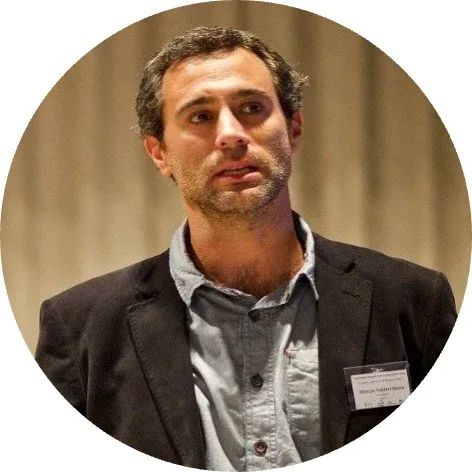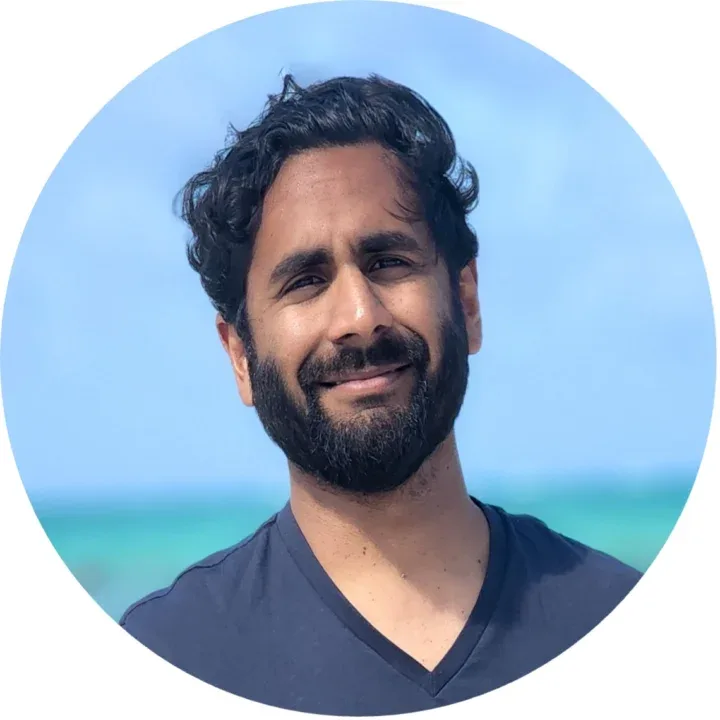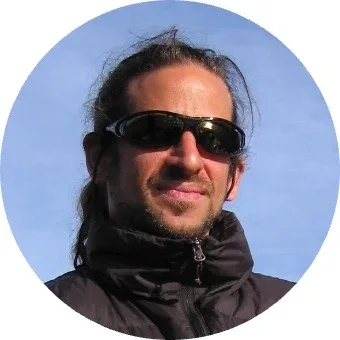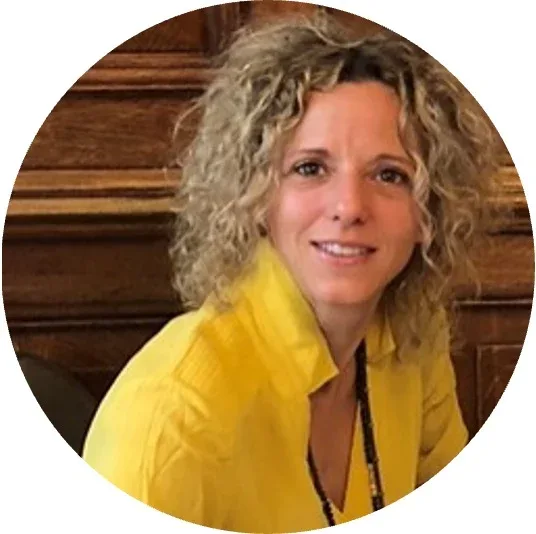Meetings Other Relevant Events


Coral Reef Red List of Ecosystems: A Global Standard for Conservation and Collaboration
The IUCN Red List of Ecosystems (RLE) is a globally standardised framework for assessing ecosystem health and identifying ecosystems at risk of collapse. Serving as a headline indicator for the Kunming-Montreal Global Biodiversity Framework (GBF), the RLE provides a standardised approach to evaluate the status of ecosystems, guide conservation priorities, and supports countries in fulfilling their commitments to the GBF.
The Global Coral Biodiversity Assessment Project, led by IUCN and CORDIO East Africa with funding from the MSC Foundation (an ICRI member), seeks to expand RLE assessments for coral reefs worldwide. Building on the Western Indian Ocean (WIO) RLE analysis, this project has developed a code repository and data-sharing standards to facilitate similar assessments in other Global Coral Reef Monitoring Network (GCRMN) regions. By engaging additional coral reef regions, the project lays the groundwork for a comprehensive Global Red List of Coral Ecosystems that informs policy and drives conservation action across all regions.
As part of the ICRI #ForCoral series, this 90 minute webinar will highlight the RLE as a key tool for global coral conservation. CORDIO East Africa’s implementation of the RLE in the WIO will be presented as a case study, demonstrating how this framework can be applied to coral reef regions worldwide. Additionally, the session will introduce the tools and resources developed through the Global Coral Biodiversity Assessment Project, including data-sharing standards, an online code repository, and assessment templates. Together, these resources support a foundation for consistent, data-driven coral conservation across GCRMN regions.
The meeting will be recorded.
Objectives
- Introduce the Global Coral Biodiversity Assessment Project: Outline the project’s goals to expand coral reef RLE assessments globally.
- Overview of the Western Indian Ocean Coral Reef RLE: Demonstrate the WIO RLE methodology, findings, and implications for local and regional conservation efforts.
- Present Technical Tools and support for Regional Adaptation: Discuss the development of the code repository, data-sharing standards, and templates.
- Regional Collaboration and Capacity Building: Facilitate discussion on the importance of unified conservation efforts and share strategies for other regions to implement the RLE.
English with French and Spanish Interpretation
Should you have any questions or need more information, do not hesitate to contact the ICRI Secretariat
Tuesday 3rd December 2024
Agenda
Introduction and Housekeeping
Margaux Monfared, ICRI Secretariat
Opening Remarks
Marina Anselme, MSC Foundation
Introduction to the Global Coral Biodiversity Assessment Project
Marcos Valderrábano, IUCN
Overview of the Red List of Ecosystems and the Global Biodiversity Framework (.PDF)
Emily Nicholson, Co-lead of IUCN CEM RLE Thematic Group / The University of Melbourne
Case Study – Western Indian Ocean Coral Reef RLE (.PDF)
Mishal Gudka, CORDIO East Africa / The University of Melbourne
Expanding the RLE Assessment: Supporting GCRMN Regions Globally (.PDF)
David Obura, CORDIO East Africa
Technical Tools for the RLE: Online Code Repository and Data Standards (.PDF)
Franzinho Smith, Technical Consultant
Question and Answer
Moderator: Margaux Monfared, ICRI Secretariat
Closing

Marcos Valderrábano
Red List of Ecosystems at the Centre for Science and Knowledge of the International Union for the Conservation of Nature (IUCN)
Marcos Valderrábano is the Programme Manager of the Red List of Ecosystems at the Centre for Science and Knowledge of the International Union for the Conservation of Nature (IUCN). As a young graduate in Forest engineering, Marcos started his career leading specific projects on the ground in different parts of the world including Peru, Egypt and Lebanon, before joining IUCN in 2010. During the next 10 years, Marcos was supporting different initiatives around the Mediterranean region, where he led the ecosystem programme of IUCN MED until he joined the Global Programme of IUCN in 2020 to support the Red list of Ecosystem Programme, fascinated by the interface between science and practice.

Emily Nicholson
Professor in Conservation Biology, ARC Future Fellow School of Agriculture, Food and Ecosystem Sciences, The University of Melbourne
Professor Emily Nicholson is a conservation scientist, whose work has impacts on conservation policy and practice at global and local levels. Her research interests include biodiversity monitoring and risk assessment, conservation decision-making, and ecosystem science. She co-leads the IUCN Red List of Ecosystems thematic group in the Commission on Ecosystem Management, and is a member of the Ad Hoc Technical Expert Group on indicators for the Kunming-Montreal Global Biodiversity Framework under the UN Convention on Biological Diversity, and UN Statistics Division working groups on ecosystem accounting. She has >100 scientific publications, including in Nature and Science, cited over 7800 times, and has been awarded $9M in external competitive grants, including an Australia Research Council Future Fellowship, Discovery grant, and four Linkage grants.

Mishal Gudka
CORDIO East Africa / The University of Melbourne
Mishal is a coral reef ecologist currently pursuing his doctorate at The University of Melbourne, Australia. He is also a Senior Scientist at CORDIO East Africa. His PhD investigates tools for evidence synthesis that utilize monitoring data to inform management action, such as the Red List of Ecosystems, and evaluates how they can be strengthened to improve the reliability and relevance of information for decision makers. He has led regional data aggregation initiatives through the Nairobi Convention Coral Reef Task Force and the Global Coral Reef Monitoring Network (GCRMN) which has led to the production of the 2019 Red List of Ecosystems of coral reefs of the WIO, 2017 WIO GCRMN coral reef status report and the 2016 post-bleaching assessment.

David Obura
Coastal Oceans Research and Development in the Indian Ocean (CORDIO)
Chair, Intergovernmental Platform on Biodiversity and Ecosystem Services (IPBES)
David Obura is a Founding Director of CORDIO East Africa, chairs the Intergovernmental Platform on Biodiversity and Ecosystem Services (IPBES, 2023-2026) and is on the Earth Commission (2019-2026). CORDIO is a knowledge organization supporting sustainability of coral reef and marine systems in the Western Indian Ocean. David’s primary research has been on coral reef resilience, biogeography and climate change impacts. His interests are turning now towards sustainability science pivoting around coastal, African and societal needs and priorities, in the broader sustainable development paradigm. David works from the local scale, through fostering innovative action to promote sustainability, through regional scale alignment and integration, to global scales. David was a Co-Chair of IPBES’s Nexus Assessment and was active in compiling science inputs into the Kunming-Montreal Global Biodiversity Framework. David was awarded Kenya’s national honour, Moran of the Burning Spear in December 2021, and the Coral Reef Conservation Award of the International Coral Reef Society in 2022.

Franz Smith
Technical Consultant
Franz Smith is a data scientist focused on applied analytics for natural resource management, biodiversity and climate change in New Zealand and developing countries in Latin America. Professional work includes leading cross-disciplinary projects for regional biodiversity and ecosystem service evaluations, spatial planning, data integration and operationalising resource management plans and implementation of international conventions (e.g. UN SDGs, UNESCO World Heritage). This portfolio follows a strong commitment to interdisciplinary, collaborative work and a keen interest in knowledge management, institutional learning and storytelling through data, including the design, teaching and mentoring of early career researchers and practitioners of the Global South, leveraging technology to reduce barriers for better environmental stewardship globally. Recent work with Māori groups in New Zealand has included indigenous perspectives and the use of traditional knowledge to advance integrated management of socio-ecological systems.

Marina Anselme
MSC Foundation
Marina Anselme is the Secretary General of MSC Foundation as of 2020. She is responsible for the successful operational and strategic development of the MSC Foundation, as well as for its financial and administrative management in co-operation with the Executive Director.
She joined the MSC Foundation after twenty years of experience in the humanitarian, development and academic sectors in international settings (UNHCR, RET International…) including research and a lectureship in Social Sciences at the University of Applied Sciences Western Switzerland, Marina combines deep theoretical and practical expertise with passionate commitment.
She has expertise on sustainable development, community engagement, DRR, children & youth programming, quality education, poverty reduction migration & refugee issues.
Marina holds a Ph. D in Social Science (Sociology & Demography) both from Sorbonne Paris V René Descartes & Geneva University; a Master’s in Culture and Social Behaviour from the Sorbonne University, and a Degree in Social Work from the National University of Cordoba, Argentina.

Margaux Monfared
International Coral Reef Initiative (ICRI) Secretariat
Margaux has experience in managing and organising marine conservation projects in diverse reef environments around the world, including Honduras, Cambodia, and the Maldives. Her experience focused on increasing coral reef resilience to climate change. Margaux’s most recent research focused on the reproductive patterns of Acropora in the Maldives, as well as coupling asexual propagation methodologies with the use of coral larvae for restoration. Margaux joined the International Coral Reef Initiative (ICRI) Secretariat in May 2023 and works at the interface between science and policy. She also supports ICRI’s members in the implementation of the Plan of Action 2021 – 2024: Turning the Tide for Coral Reefs.
Introduction
IUCN’s Red List of Ecosystems (RLE) is a global standard for assessing risks to ecosystems. It allows us to identify common symptoms (both spatial and functional) to understand the level of risk that an ecosystem is facing. The RLE is a scientifically robust, transparent, evidence-based support tool that helps to understand ecosystem dynamics, as well as which ecosystems are healthy, and which are at risk of collapse in the near future and why.
Resources
IUCN Red List Ecosystems:
- IUCN Red List of Ecosystems webpage
- IUCN Red List of Ecosystems Database
- IUCN Global Ecosystems typology
Free courses:
- Introductory course – Learn the foundations of assessing ecosystem risks with the RLE framework.
- Specialised course – The Red List of Ecosystems for Assessors – with a bonus module on how to use the RLE in restoration.
Publications:
- Guidelines for the application of IUCN Red List of Ecosystems Categories and Criteria : version 2.0. (Keith et al., 2024)
- Roles of the Red List of Ecosystems in the Kunming-Montreal Global Biodiversity Framework (Nicholson et al., 2024)
CORDIO – WIO Coral Reefs RLE:
Story map:
WESTERN INDIAN OCEAN CORAL REEFS
Publications: